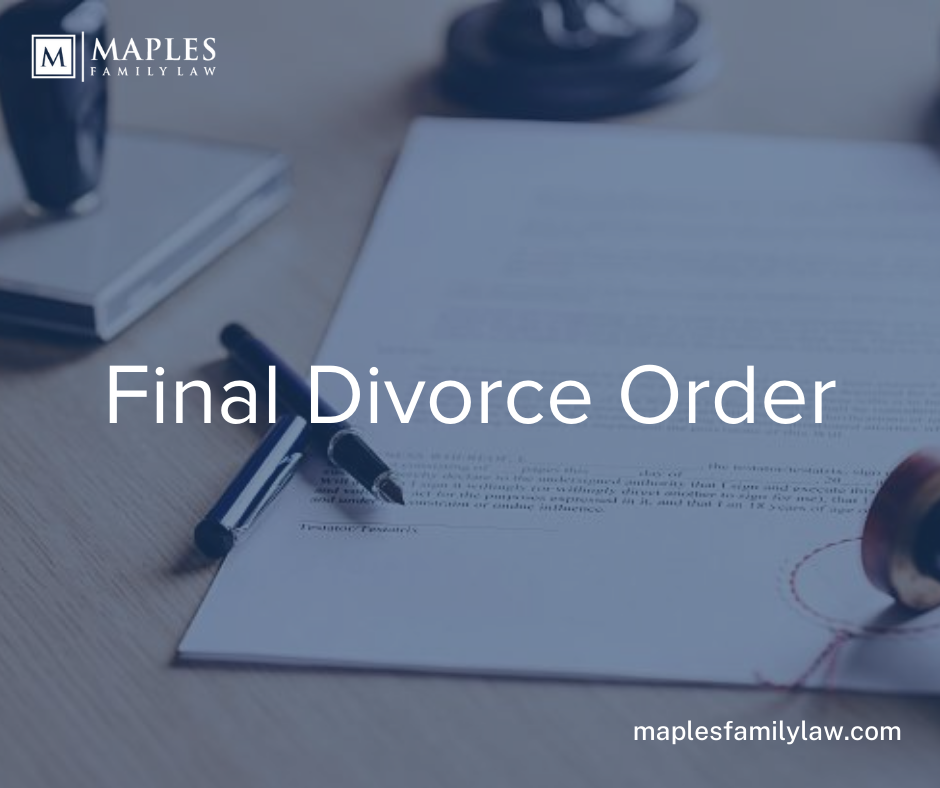 Divorce
Divorce
How Does a Premarital Agreement Affect Your Divorce?
Having a premarital agreement—commonly called a prenuptial agreement or prenup—can change the divorce process significantly.
If you don’t have a premarital agreement in place, that doesn’t mean you won’t get a fair and equitable distribution of your marital property. California law requires divorcing couples to divide community property equally unless you have a prenuptial agreement in place.
What’s a Prenup or Premarital Agreement?
A premarital agreement, or prenup, is a legal contract set up by a couple who intends to marry. It can contain a wide range of information, including what happens to individual assets if the couple divorces.
What Can You Include in a Premarital Agreement?
A premarital agreement can contain anything you’d like to put in it, but some of the most common items these legal contracts cover include:
- A list of each party’s individual assets that they’re bringing into the marriage
- Information on which individual assets will remain individual assets in the event of a divorce
- A determination of how the couple will divide marital property in the event of a divorce
- An explanation of who’s responsible for debts
- Limits on spousal support in the event of a divorce
How a Premarital Agreement Affects the Divorce Process
A premarital agreement can take a divorce one of two ways: it can make it easier or it can make it more complicated.
If you have a premarital agreement in place, you won’t have to negotiate over property division or other issues that the prenup includes. You probably won’t need the court to intervene and make decisions on your behalf, either. Both of those things save you time and money.
However, sometimes having a prenup can negatively affect your divorce—such as when one spouse asks the court to reject it. This can cause your divorce to take longer than it ordinarily would, and it typically always costs more in legal fees, too.
Can You Ask the Court to Reject Your Premarital Agreement?
You can ask the court to reject your premarital agreement, but you must have a legitimate reason. The judge in your case will be the one who determines whether your reason for wanting to abandon the premarital agreement is legitimate.
In some cases, prenups are actually invalid (and that’s one of the most common reasons people contest them during divorce).
What Makes a Prenup Invalid?
For a premarital agreement to be valid under California law, it must meet certain criteria. You must have it in writing, and it must be free from fraud.
Your premarital agreement may be invalid if either party was:
- Under duress
- Coerced
- Mentally incapacitated
Finally, if the agreement is “unconscionable,” which means that it’s incredibly unfair to one spouse, the court may find that it’s invalid.
Do You Need to Talk to a Divorce Attorney About Your Premarital Agreement?
If you need to talk to a Stockton family law attorney about your divorce and premarital agreement, we may be able to help you.
Call us at 209-910-9865 for a complimentary case evaluation. We’ll be able to give you case-specific legal advice you can use moving forward.






